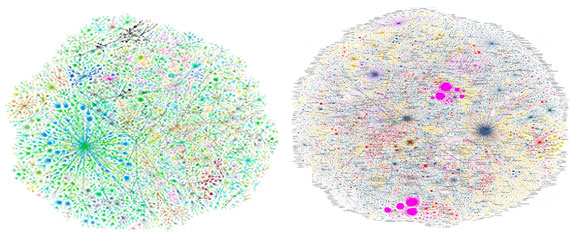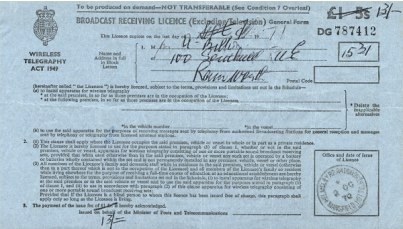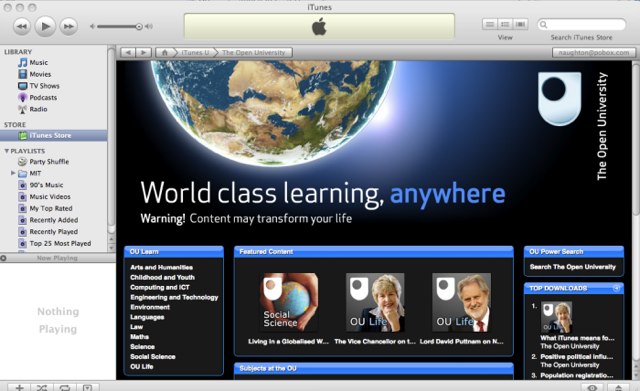Very interesting blog post by Evan Schnittman, an Oxford University Press executive, in which he does some calculations about the size of the eBook market based on sales of Amazon’s Kindle and the Sony Reader. Excerpt:
Jeff Bezos said last week that ebook sales in the Kindle store had hit 6% of book unit sales. What this means is that of the 125,000 titles available in the Kindle store, the sales of ebooks represented 6% of the sales of those same 125,000 titles in print formats. Another interesting thing that Bezos said was that Kindle buyers purchase at a rate of 2.5 times more than print book buyers… food for thought when thinking through your ebook strategy.
One can draw some ebook sales conclusions from this information. For example, the number 2 seller at the Kindle store is The Last Lecture by Randy Pausch. According to Bookscan, in 4 weeks this book has sold 784,158 units. For the sake of argument, lets ascribe 75,000 units (10% of total sales, a reasonable guess) to Amazon. If Kindle sales were 6%, then Amazon would have already sold 4,500 ebooks. That’s 4,500 people with Kindle’s buying a single title in 4 weeks!
While its clearly amazing that in one month an ebook can sell 4,500 units it is not the best way to calculate the ebook sales impact of Kindle and Reader. A better way to approach this is through good old-fashioned guess-timation. Taking stock of my own experience and the experiences of others I know, I found that ebook buying on either the Sony Reader or the Amazon Kindle ranges from 5 ebooks to over 100 ebooks. Assuming that anyone who buys an e-ink ebook reader is doing so to read ebooks, lets assume that 10 ebooks a year is a reasonable purchase estimate. Using this logic, we should see 10 million ebooks purchased for these two devices in 2008.
The IDPF estimates that in 2007 ebook sales income was $31,800,000 with the caveat that the actual retail income could be as much as double due to retailer discounts, so lets assume that the sales actually totaled $60,000,000. If we use an average retail price of $12 per ebook sold, and if consumers will buy 10 ebooks a year, then they will spend $120 on average, per device. That would lead us to $120,000,000 in ebook sales for the Kindle and the Reader in 2008, double all ebook sales in 2007. (For those of you who cannot swallow the idea of 10 books purchased per device – cut it in half. The result is $60,000,000 in ebook sales – as much as last year!)



